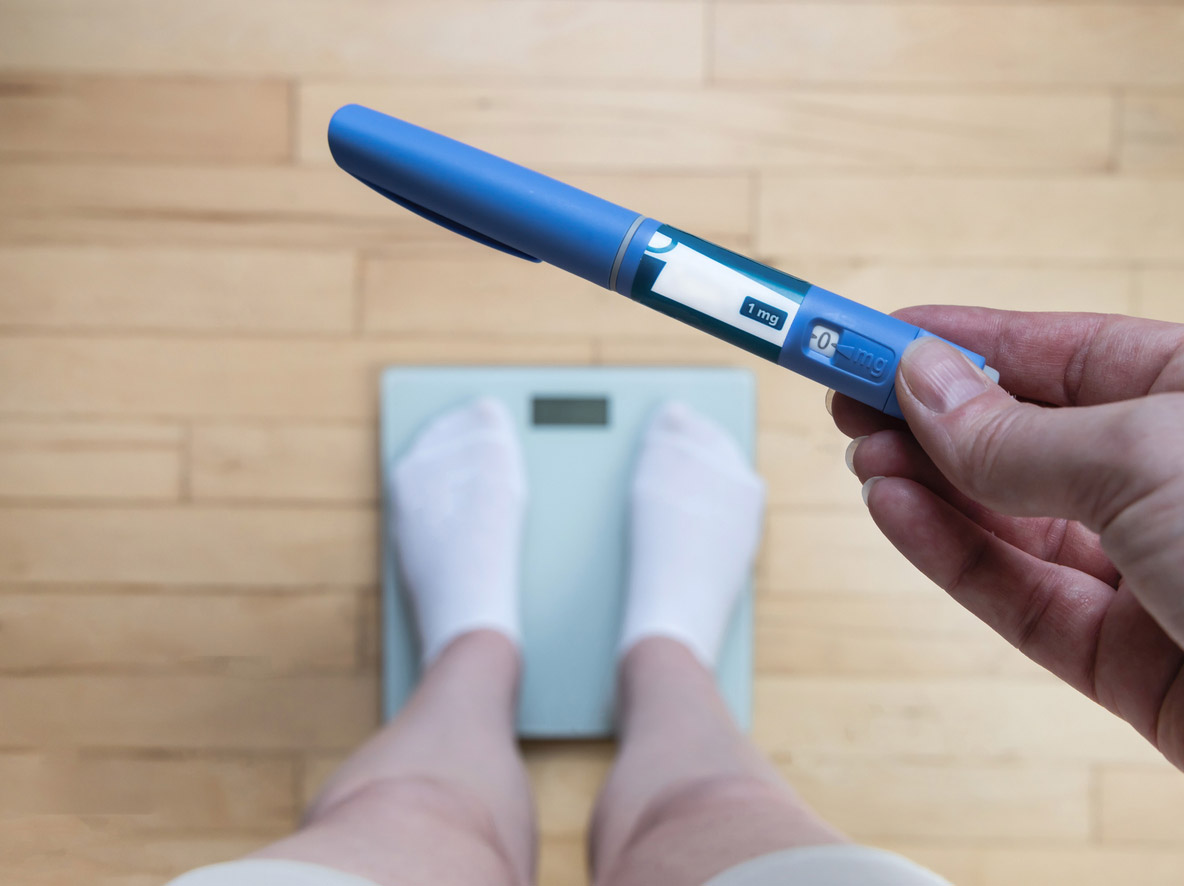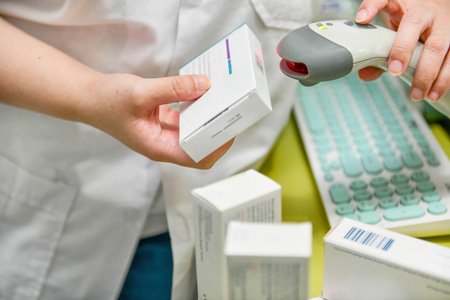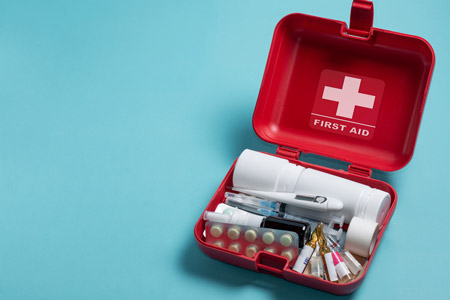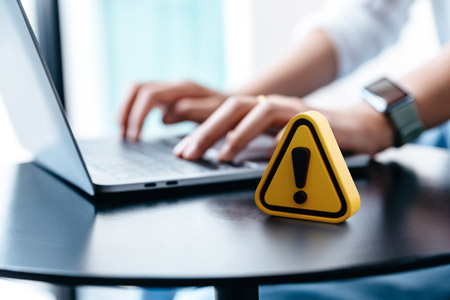


Why Your GLP-1 Weight Loss Might Be Plateauing
Every patient’s weight management journey is unique. There may be times when you make significant progress, times when you need to reset and adjust your goals, and even times when you plateau.
One of the tools at your disposal for weight management are GLP-1 medications. The U.S. Food and Drug Administration has cleared some GLP-1s to be used in conjunction with other weight management methods such as diet modifications and exercise. This combination of lifestyle adjustments and medication therapy has been a game changer for so many patients — but just like with traditional weight management journeys — there can be setbacks and plateaus.
If you’ve been taking GLP-1 medications and are seeing the number on your scale remain the same, know you’re not alone.
Keep reading on to learn why your weight loss while on a GLP-1 medication may be plateauing.
The Dose of Your GLP-1 Medication Is Incorrect
Your medication dose on GLP-1s isn’t likely going to always remain the same. Often, providers may have you start on lower doses and then work your way to higher doses in order to decrease the chance of unwanted side effects.
The dosage of GLP-1s is not one size fits all and one size fits forever. You should have ongoing conversations with your provider about your experience with your dosage, especially if you notice that your weight loss is stalling. It may be a sign that you need a different dose to maximize results while also avoiding side effects.
You Aren’t Optimizing Your Diet
While GLP-1 medications can make meaningful weight loss possible, they are not intended to be taken without also making positive lifestyle changes. If you notice that you aren’t losing as much weight as you originally did or intended, your diet may be influencing that.
Log your daily caloric intake and what foods you’ve eaten and review this information with your provider or a registered dietitian to ensure that what you’re eating is fueling your body properly and is under the calorie threshold you need to lose weight. It’s also always important to eat a healthy, balanced diet that is designed to minimize side effects like nausea on GLP-1s.
You’re Combatting High Stress and a Lack of Sleep
If your diet and dosage are not the factors preventing your progress, then high stress and no sleep may be what are holding you back.
Some research suggests that chronic stress and exposure to stress hormones may play a part in the persistence of obesity. Stress hormones may also cause you to crave sugary, fatty foods and slow down your metabolism — which means you may be craving more calorie-dense foods and turn burning fewer calories each day.
If your stressors are keeping you up at night, this lack of sleep may also contribute to weight gain or weight plateauing. Some studies have suggested that patients who slept less than the recommended 7 hours a night are at the highest risk for obesity. This is because a lack of sleep can impact the hormones that regulate hunger.
If you’re experiencing weight loss plateau on a GLP-1 medication, it’s important to log your diet, stress level, and daily habits and have thorough conversations with your provider on what may be contributing to your weight gain or plateau and discuss the steps you can take to continue seeing progress.
The information on this site is for informational purposes only and should not replace direct medical advice, diagnosis, or treatment from your doctor or another qualified healthcare provider.
Sources:
“FDA Approves New Medication for Chronic Weight Management.” U.S. Food and Drug Administration.
“GLP-1 Agonists.” The Cleveland Clinic.
“You Guessed It: Long-Term Stress Can Make You Gain Weight.” Cleveland Clinic.



















.jpg)





















.jpg)

















.jpg)


























.jpg)
.jpg)
.jpg)













